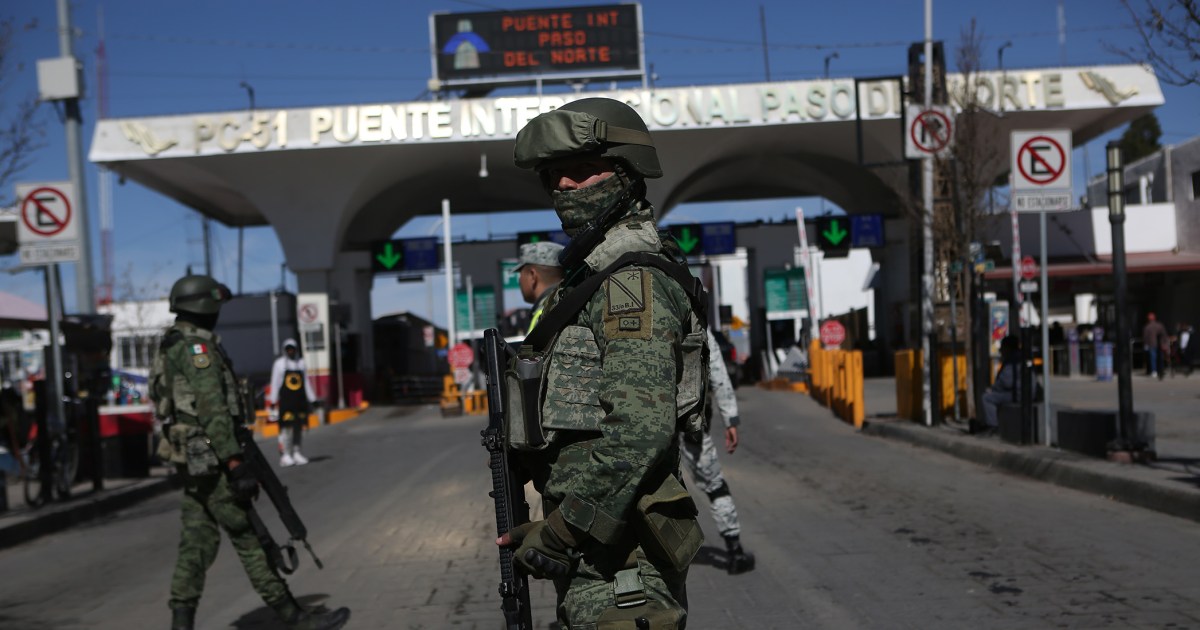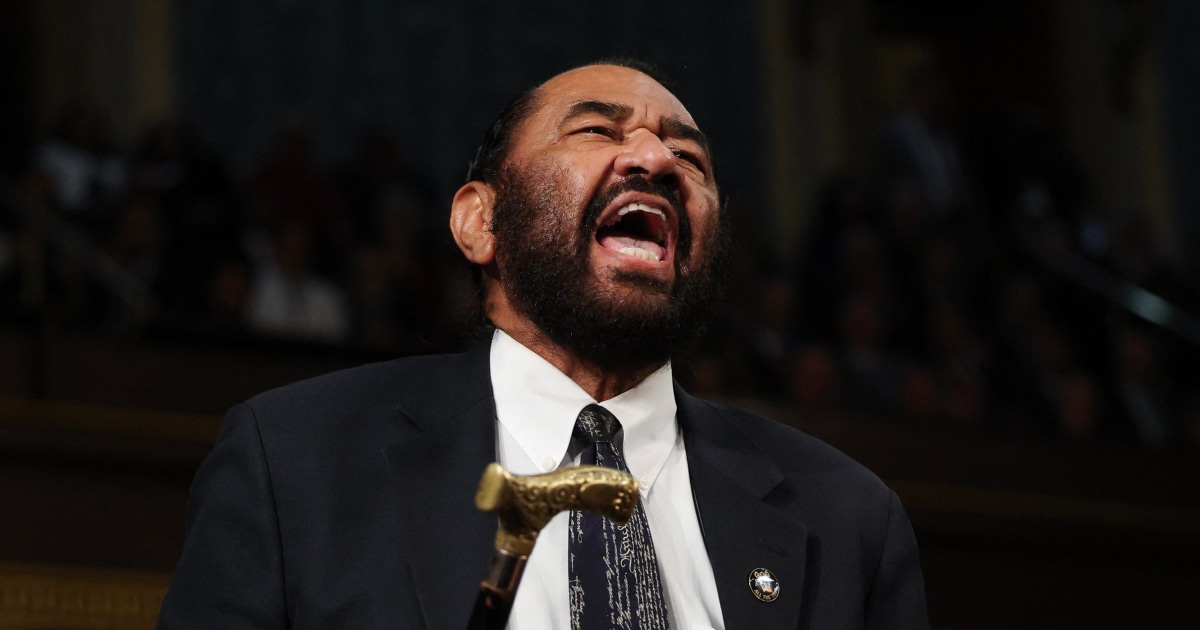Northern Gaza is at risk of imminent famine, the World Health Organization said on Friday, as Israel continues its bombardment across Gaza amid threats by the Biden administration to limit military aid to Israel if it did not allow more humanitarian aid into the enclave.
The Biden administration gave Israel a Nov. 12 deadline to take specific steps to improve the humanitarian situation in Gaza, but the continuity of U.S. policies towards Israel has become uncertain as President Joe Biden enters a lame duck period following Donald Trump’s election on Tuesday.
While Biden’s policies and weapons provisions have consistently supported Israel, his relationship with Prime Minister Benjamin Netanyahu has at times been strained, including by some efforts to restrain Israel or nudge the country towards compliance with international law.
Trump, meanwhile, has staunchly supported Israel’s “right to win its war on terror,” and Netanyahu and other Israeli officials have greeted his election with enthusiasm. Netanyahu was among the first world leaders to congratulate Trump in a phone call, and in an effusive post on X, called Trump’s victory “history’s greatest comeback.”
Trump’s election sparked celebrations in Israel, and has fueled concerns among analysts of further escalation amid a deepening humanitarian crisis in Gaza.
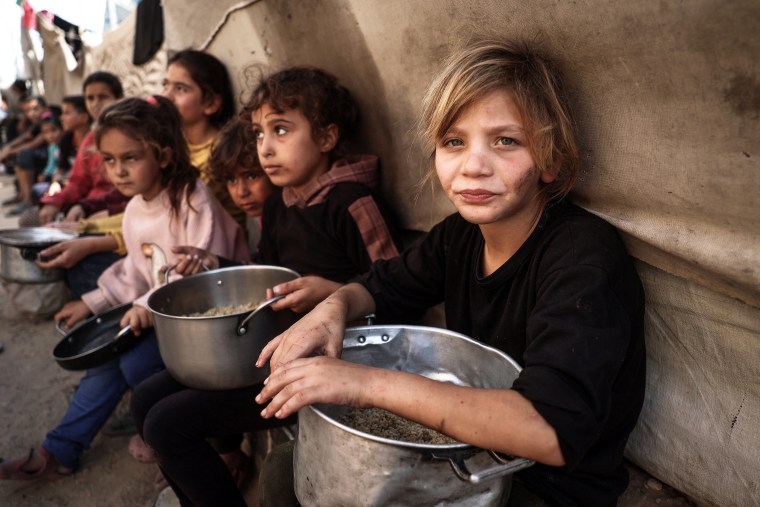
WHO said in its report that action was required “within days, not weeks,” to avert a catastrophic famine.
The Israel Defense Forces did not immediately respond to the statement, but said Friday it was preparing to open the Kissufim crossing into southern Gaza as part of efforts to “increase the volume and routes of aid into Gaza.”
The IDF said Saturday that 220 seriously injured and ill Palestinians and their carers were evacuated from Gaza last week.
It also said that 713 aid trucks were brought into northern Gaza since the beginning of October.
However, this amounts to an average of just 18 trucks per day, far short of what is required. Before the current conflict began in October 2023, more than 500 trucks per day crossed into Gaza, according to the International Rescue Committee.
Israel’s parliament also voted in October to ban the operations of UNRWA, the United Nations agency for Palestinian refugees, the primary agency delivering humanitarian aid in Gaza, that also provides essential services such as health care, education and psychological support.
Scott Paul, director of peace and security for Oxfam America, told NBC News that the upshot of UNRWA not being able to work “is that in the Gaza Strip, where more than 2.2 million people are barely hanging on — and many of them are already dying — their support system goes away.”
Last week, State Department spokesperson Matthew Miller said the results of Israel’s efforts to comply with U.S. demands on aid so far were “not good enough,” and that its recommendations had “not been met.”
But some believe a Trump administration may lead to a shift in U.S. policy towards Israel.
The country’s right-wing leadership was thrilled by Trump’s victory, two officials in Israel told NBC News. However, they also said that excitement was tempered by concerns that the Biden administration would ramp up pressure in its final days.
Fawaz Gerges, a professor of international relations at the London School of Economics, feared Trump would give Netanyahu “a green light” to continue the war in Gaza.
WHO’s famine warning came on the same day that the United Nations Human Rights Office said nearly 70% of the deaths it has verified in Gaza were women and children, and that 80% of them were killed in residential buildings.
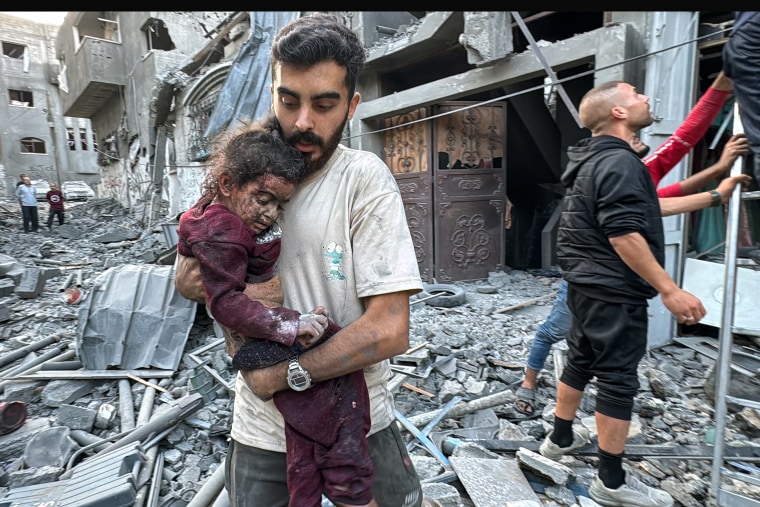
It said the highest number of deaths was among children aged between five and nine years old, closely followed by those aged 10-14, and then babies aged up to and including four years old.
The report said it verified the details in a sample of 8,119 people killed in Gaza from November 2023 to April 2024. According to local health officials, at least 43,000 people have been killed since the start of the war, a number the U.N. considers reliable.
The IDF told NBC News’ British partner, Sky News, that it “works to minimize harm to non-combatants prior to attacks, especially women and children.”
“Every military action is carried out in accordance with the principles of distinction and proportionality, and is preceded by a careful assessment of the potential for civilian harm. The IDF is committed to adhering to international legal obligations and operating under the laws of armed conflict,” it said.
The Israeli army has also distanced itself from comments made by brigadier general Itzik Cohen, who told Israeli reporters last week that there was “no intention of allowing the residents of the northern Gaza Strip to return.”
It said the statement was “incorrect and does not reflect the IDF’s objectives.”
Tens of thousands of people have fled northern Gaza to nearby Gaza City in the latest wave of displacement within the besieged territory.
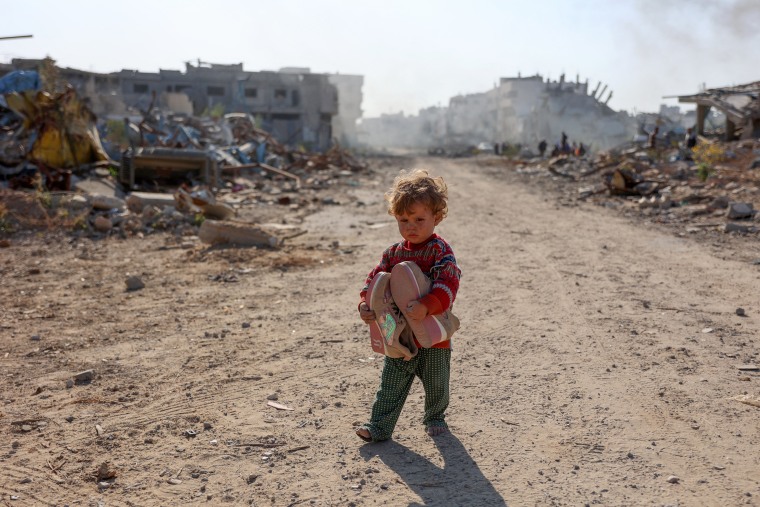
The blistering offensive in northern Gaza has raised fears among Palestinians that Israel is implementing a surrender-or-starve plan proposed by Giora Eiland, a retired major general and former head of the Israeli National Security Council, that laid out a radical strategy to force the evacuation of all residents from northern Gaza, or leave them labeled as a combatant.
The IDF has denied implementing what has come to be known as “the General’s Plan,” but 27 members of Israeli parliament and ministers, some from Netanyahu’s party, publicly support it.





